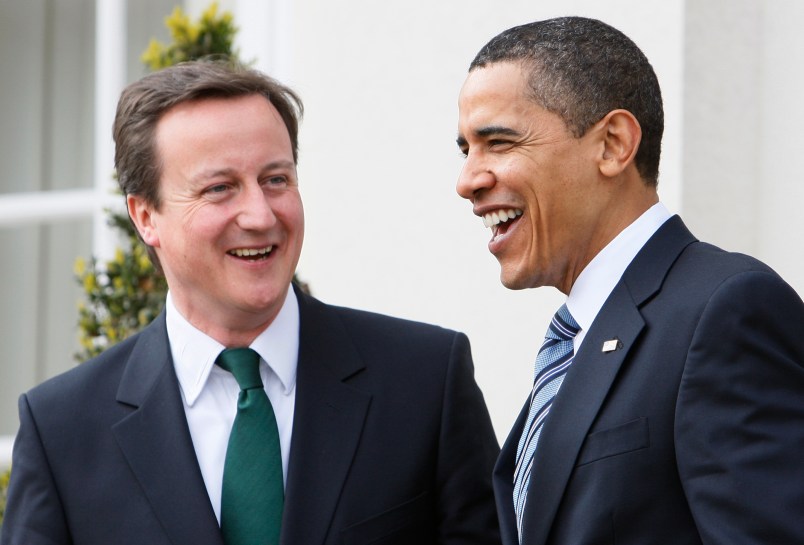We are told we are entering a period of economic nationalism and right wing populism. We see it in the UK with Brexit, in the USA with Trumpism and in other nations and regions with their own unique inflections. From others we hear this is simply a tantrum or irrationality, perhaps a generalized breakdown of trust in elites. These are each true to a degree. But I think they are each also quite misleading. I see a very different or much more specific pattern in the country whose politics I know best, the USA, and the demographics and the voting parallels seem evident enough in Britain as well.
Put simply, Trumpism and the greater arc of rightist politics in the US in recent years seems to follow this pattern. A declining but still very large fraction of the population which feels that it is losing power, wealth and something between ethnic familiarity and dominance to rising segments of the society. To map this on to the specifics of US society this pits a one group that is both older and whiter against another that is generally younger and less white.
Two points are worth recognizing about this deep social and political cleavage. First, this rebellion on the right is based not on strength but on weakness, the loss of power, control, demographic dominance, privilege. Second, in key respects it is an accurate perception of the change overtaking America.
Often you’ll hear febrile talk about the “our culture” being overrun, whites becoming the most ‘oppressed’ minority in the country and various other nonsense. But in relative terms whites are becoming less powerful. This is obvious. It is nothing more than a restatement, from another vantage point, of the erosion of white privilege. It is accentuated by and to a major degree driven by the relative decline of the white population vis a vis Hispanics, Blacks, East Asians, South Asians and various other groups. This is not a fantasy. It is a reality. And a lot of people don’t like it.
What makes me dissent from the economic nationalism, distrust of elites, right wing populism viewpoint is that these views are highly concentrated in segment of the population. The young, non-whites and the more elusive category of whites who don’t identify largely in ethnic or racial terms tend to view the future with optimism. This then is the big picture: a period of great transformation in which a declining but very large segment of the population feels it is losing critically important things to which it is entitled and does not want to lose and, in response, is throwing up an escalating range of tactics and obstacles to bring the change to a halt.
The one thing I’m leaving out of the mix here is the economic and class dimension. Most of the population has experienced stagnating wages for decades. This is a genuine reality for many on the ‘we’re losing what’s ours’ side of the equation. But that change is perceived very differently by different segments of the population.
I don’t know British politics with any deep knowledge or sophistication. And separate nationalisms clearly pay a big role that is almost entirely absent in the US. The politics of race and newcomers versus older groups has broad similarities but is very distinct. And yet there is this data.
HOW AGES VOTED
(YouGov poll)
18-24: 75% Remain
25-49: 56% Remain
50-64: 44% Remain
65+: 39% Remain#EUref
— Ben Riley-Smith (@benrileysmith) June 23, 2016
The future electorate of the UK wanted to remain in Europe. This makes me suspect that for all the differences there is some elemental similarity in play between here and the UK.






